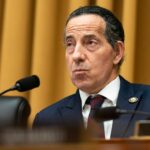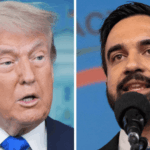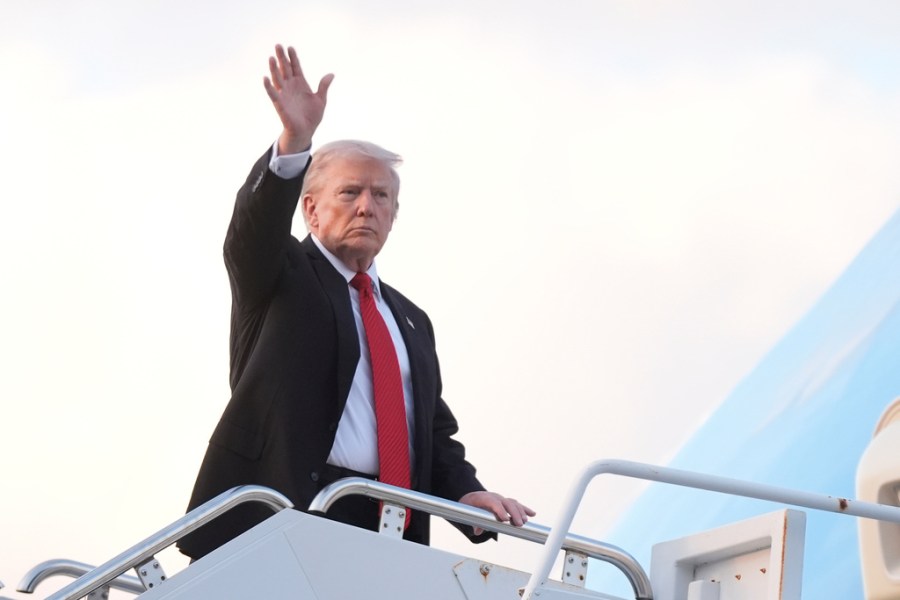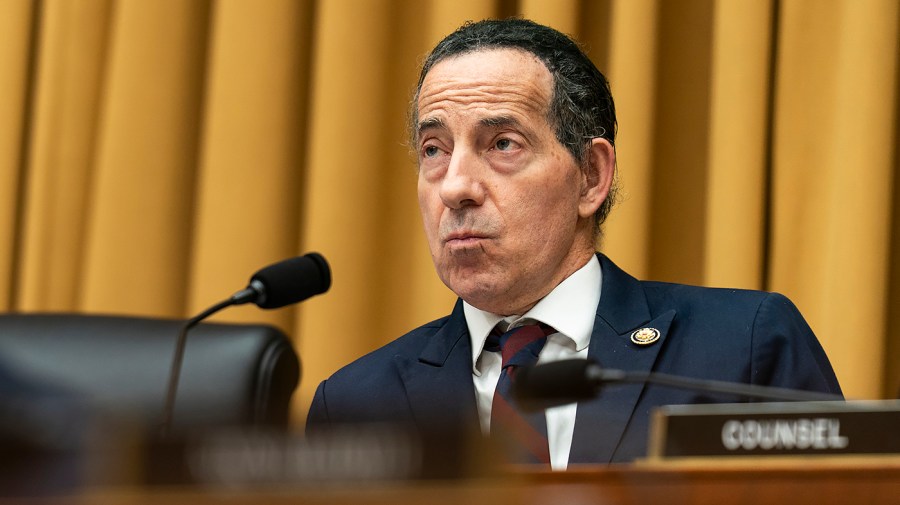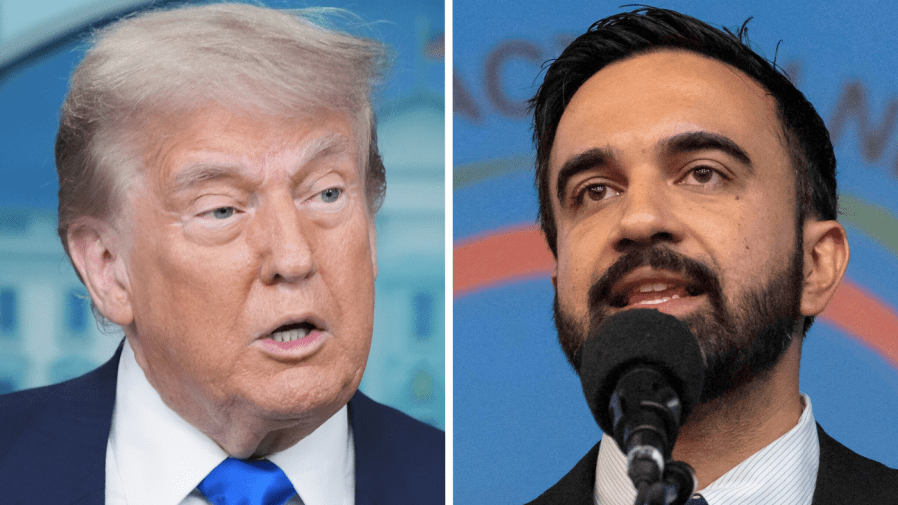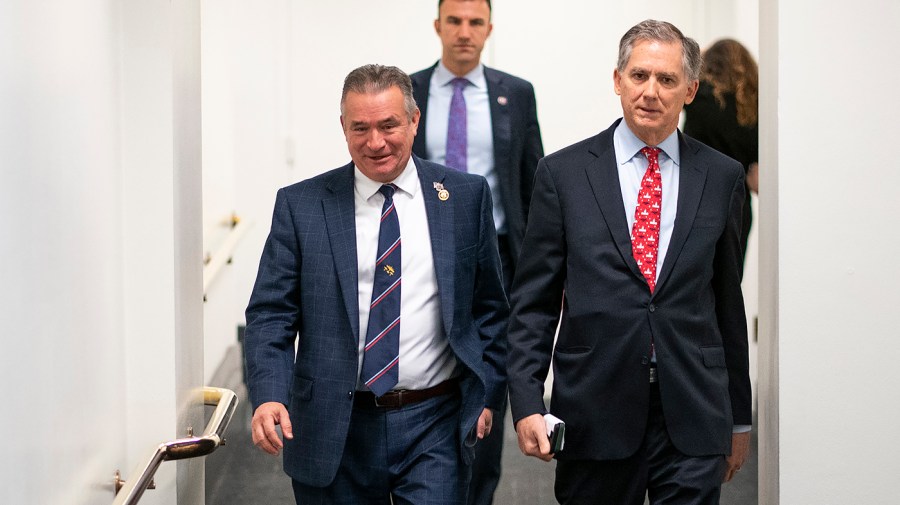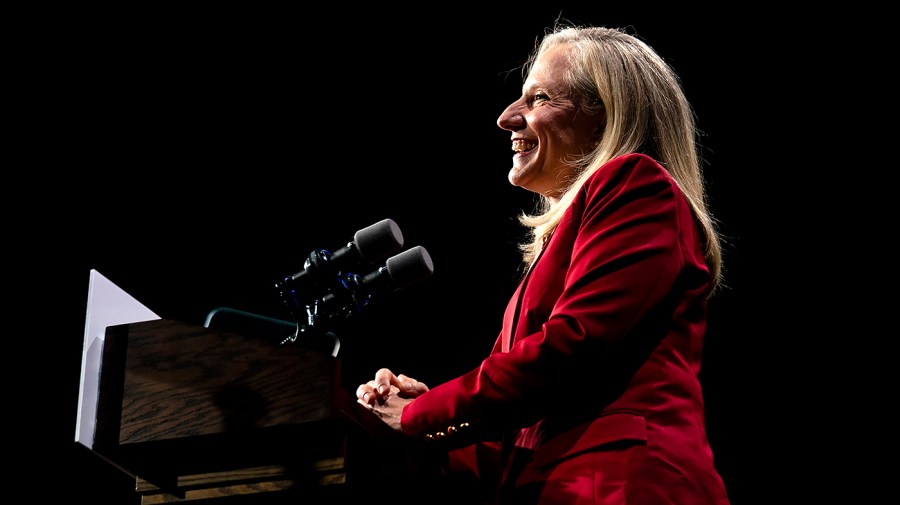Steve Bannon has always had the unnerving habit of saying the quiet part out loud. His recent claim that Donald Trump will serve a third term shouldn’t be dismissed as the usual mix of mischief and media melodrama. He knows the American system bends long before it breaks, and that with the right mix of crisis, charisma, and constitutional craft, even the 22nd Amendment can start to look negotiable.
Trump, now well into his second presidency, stands as both symbol and spark — the center of gravity and the charge beneath it. What Bannon envisions is not a monarch but a machine: a populist ecosystem designed to survive its founder. He understands that power, once embedded in enough institutions, doesn’t need a crown — only momentum.
The groundwork is already being laid. MAGA has grown from a campaign chant into a cultural creed. Its people populate school boards, sheriffs’ offices, statehouses, and think tanks. They run podcasts, policy shops and prayer groups. Some wear suits, others trucker hats, but all speak the same language of suspicion — of media, of elites, of the “un-American” within. It’s less a movement now than a mindset, one that doesn’t require Trump to rule so long as his style remains the standard.
Bannon’s dream — or warning, depending on where you stand — is a future in which Trumpism becomes the default setting of American politics. A third term, should it happen, would not be achieved through a coup but through compliance. Emergency powers would be invoked for “stability,” constitutional limits reinterpreted as “outdated.” History shows that democracies are more often buried by bureaucrats than by bullets.
Imagine an America ten years from now. Eric Trump, the reluctant heir, delivers speeches about “finishing the mission.” Donald Trump Jr. oversees a sprawling media empire that doubles as a political ministry. The judges appointed in the last decade rule on every major issue, their decisions wrapped in the language of “original intent,” their loyalties anything but original. Elections still occur, but more as rituals of affirmation than contests of choice. News networks broadcast them like coronations.
By then, the MAGA movement would have reshaped the very vocabulary of patriotism. To dissent would be “disrespectful.” To question would be “ungrateful.” What was once the slow grind of governance would become a gospel. Departments would not serve citizens, but doctrine — the endless defense of America against whichever villain must exist to sustain the mission.
This brings us back to Steve Bannon. His genius lies in his cynicism. He recognizes that most revolutions fail because they tire. His solution is to make sure this one never sleeps. Through a network of media arms and grassroots influencers, the outrage engine runs around the clock. Each new controversy refreshes the cause. Every critic becomes proof that the system fears them. It’s a loop that feeds itself — part religion, part reality show.
There’s a grim humor in it, the kind America excels at. The country that once mocked dynasties could end up with one. The republic that prided itself on checks and balances might instead specialize in winks and workarounds. The Founding Fathers warned about tyranny, but even they didn’t foresee the algorithm. Bannon did. He understands that power today isn’t seized by armies; it’s streamed by influencers. It spreads not through law but through loyalty — and loyalty, in the age of endless outrage, is an infinite resource.
The moral irony is almost Shakespearean. Trump, the man who built his fortune on branding, has unwittingly become a brand that outlives him. His face may fade, but his tone — that mixture of grievance and grandeur — will echo in every successor who learns to mimic it. The next generation of MAGA will not need to shout as loudly; the culture will already speak their language.
None of this is inevitable, but it is imaginable. America’s great weakness has never been its enemies, but its appetite for the absurd. Bannon knows that a nation addicted to conflict will eventually confuse it for purpose. Keep the people angry, keep the system divided, and power becomes the one stable thing left standing.
So when Bannon talks about a third term, he’s not fantasizing about dictatorship. In truth, he’s describing drift — the slow, steady slide from democracy to dynasty. The scariest part isn’t the thought of Trump running again; it’s the realization that by the time he doesn’t need to, the country might already be running on him. And that, Bannon would say with a grin, is the real art of the deal.
John Mac Ghlionn is a writer and researcher who explores culture, society and the impact of technology on daily life.
